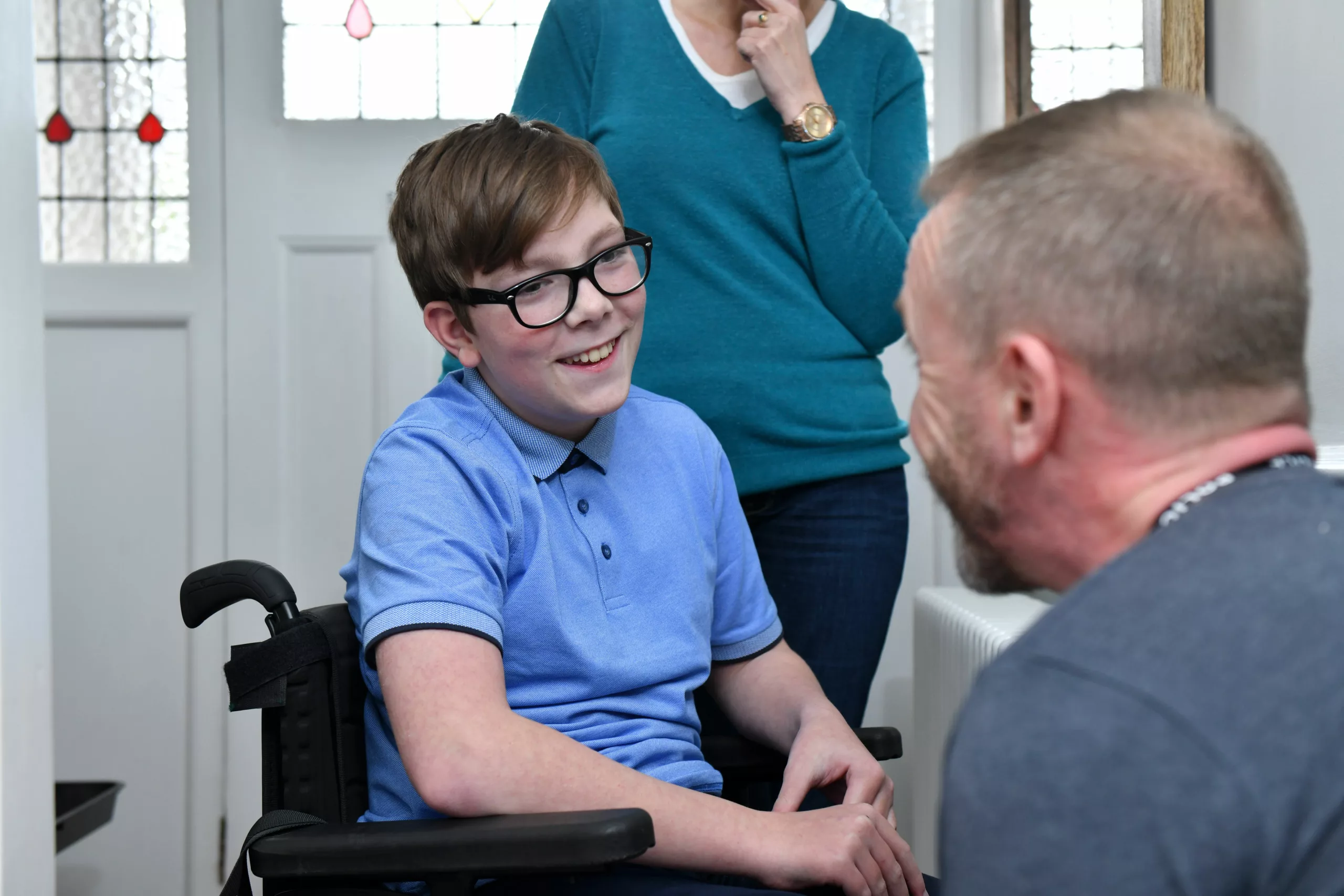
Sexual abuse and disabled children – prevention, identification and response
Multi-agency
Participants
6 to 25
Duration
Two-day
Location
Online / in-person
Price
£1550 / £1750 (in-person) + VAT
Many disabled children attend mainstream education settings and benefit from other universal services; however, they will often have other hidden needs. Some children may have Education and Health Care plans, but the majority will not, meaning that sadly many continue to ‘slip through the net’. Due to their increased vulnerabilities, they may be more likely to face higher risks of being sexually abused and exploited than other children and young people.
This two-day course explores the needs of disabled children in more detail than the one-day course, considering the challenges for professionals across all agencies. Over two days, the training will equip participants with an understanding of the specific needs of disabled young people and the increased risks they face of child sexual abuse across a range of locations and other areas of their lives.
The course is grounded in a social understanding of disability and explores what this means, why it matters and how this can positively affect practice. It is designed to help participants deepen their understanding of disability and how marginalisation and discrimination can affect the prevention, identification, and response to disabled children, following concerns of child sexual abuse.
Using learning from research, practice expertise and child safeguarding practice reviews, the course features case studies, case discussion, reflective and interactive exercises and audio/visual material.
The course aims to challenge assumptions and stereotypes to enable confident good practice that best protects all children.
Who is this course for
This two-day course is for professionals working with children in in both mainstream and disability- services. It explores child sexual abuse and disability in greater depth than our one-day course.
The training course be especially useful for those carrying out assessments, child protection inquiries and investigations. This may include police officers and social workers, managers and supervisors, Local Authority Designated Officers, youth offending team workers, those in safeguarding roles within health and education, and staff working in residential, fostering and adoption services.
What you can expect to learn
This course covers all the learning outcomes outlined in our one-day introductory course. You can expect to gain a better understanding of:
-
- Marginalised groups and how disability, as only one part of a child’s identity, is seen and understood.
- Critical thinking about the assumptions in use in our practice
- The research base relating to child sexual abuse and disabled young people
- The impact of child sexual abuse on disabled young people
- Voices of disabled children and their parents/carers.
- How negative assumptions, social and economic barriers impact the vulnerability of disabled children.
- Good practice in parenting and care that helps towards more effective abuse prevention.
- Professional and organisational roles and responsibilities.
- Improving responses to disabled children through reasonable adjustments.
In addition to those learning outcomes, you can also expect to build on them by developing a greater understanding of:
- Learning from serious case reviews/child safeguarding practice reviews, and best practice
- The increased risks faced by disabled children
- Effective prevention
- How being disabled may lead to less effective responses and what we can do to change this
- What good practice looks like, including safer outcomes for disabled children.
- An in depth look at the research on disability and child sexual abuse and what that this means for practice.
- An opportunity to critically reflect on existing responses in your own practice, teams, or organisations.
The training was very insightful and well prepared. Would definitely recommend to manager that if available other staff do the training.
Senior residential care worker
